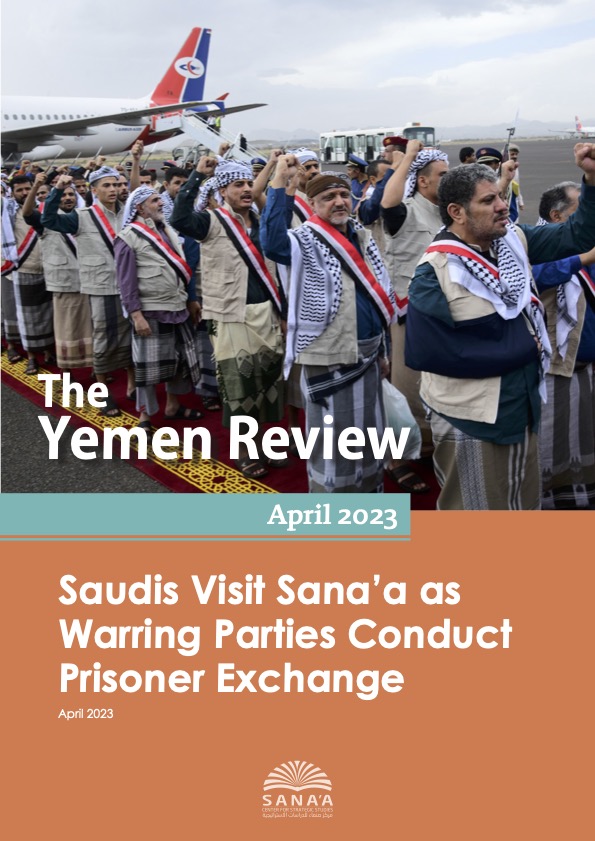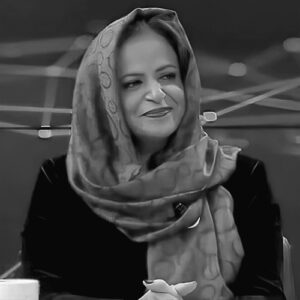Saudi-Houthi talks in Sana’a during Ramadan failed to produce a final agreement on a roadmap for final status peace talks and a permanent ceasefire. Presidential Leadership Council (PLC) leaders in Riyadh were left out of the loop although the Saudis continued to insist that the Houthis co-sign any deal with the internationally recognized government. A major prisoner exchange took place in mid-April following a deal reached in March in which the government and Houthis agreed to the release of 973 detainees. Included among the prisoners released were former defense minister Mahmoud al-Subaihi, Nasser Mansour Hadi, the brother of former president Abdo Rabbu Mansour Hadi, and Samira Marish, a woman accused of planning several bombings and assassinations on behalf of the Houthi movement. A senior government military commander, Faisal Rajab, was released in a separate deal following a mediation in Sana’a between an Abyan tribal delegation and Houthi officials.
Fighting continued on several frontlines, most significantly in Marib governorate, where Houthi forces are trying to capitalize on their gains in March. On the economic front, the government-held port of Aden received a commercial ship without it being subject to inspection in Jeddah, and more than 500 types of goods were removed from a list of banned products, including fertilizers and batteries. The government is still struggling to cover the cost of public sector salaries after losing oil revenues following Houthi drone attacks late last year and Houthi pressure on importers to redirect shipments from Aden to Hudaydah, while the Houthi authorities drew in revenue from various informal taxes and duties imposed during Ramadan.
This issue of the Yemen Review was prepared by (in alphabetical order): Ryan Bailey, William Clough, Casey Coombs, Yasmeen Al-Eryani, Tawfeek al-Ganad, Andrew Hammond, Khadiga Hashim, Abdulghani Al-Iryani, Yazeed Al-Jeddawy, Maged Al-Madhaji, Elham Omar, Ghaidaa Al-Rashidy, Osamah Al-Rawhani, Miriam Saleh, Maysaa Shuja Al-Deen, Lara Uhlenhaut, Ned Whalley, and Wadhah Al-Awlaqi.

 اقرأ المحتوى باللغة العربية
اقرأ المحتوى باللغة العربية

